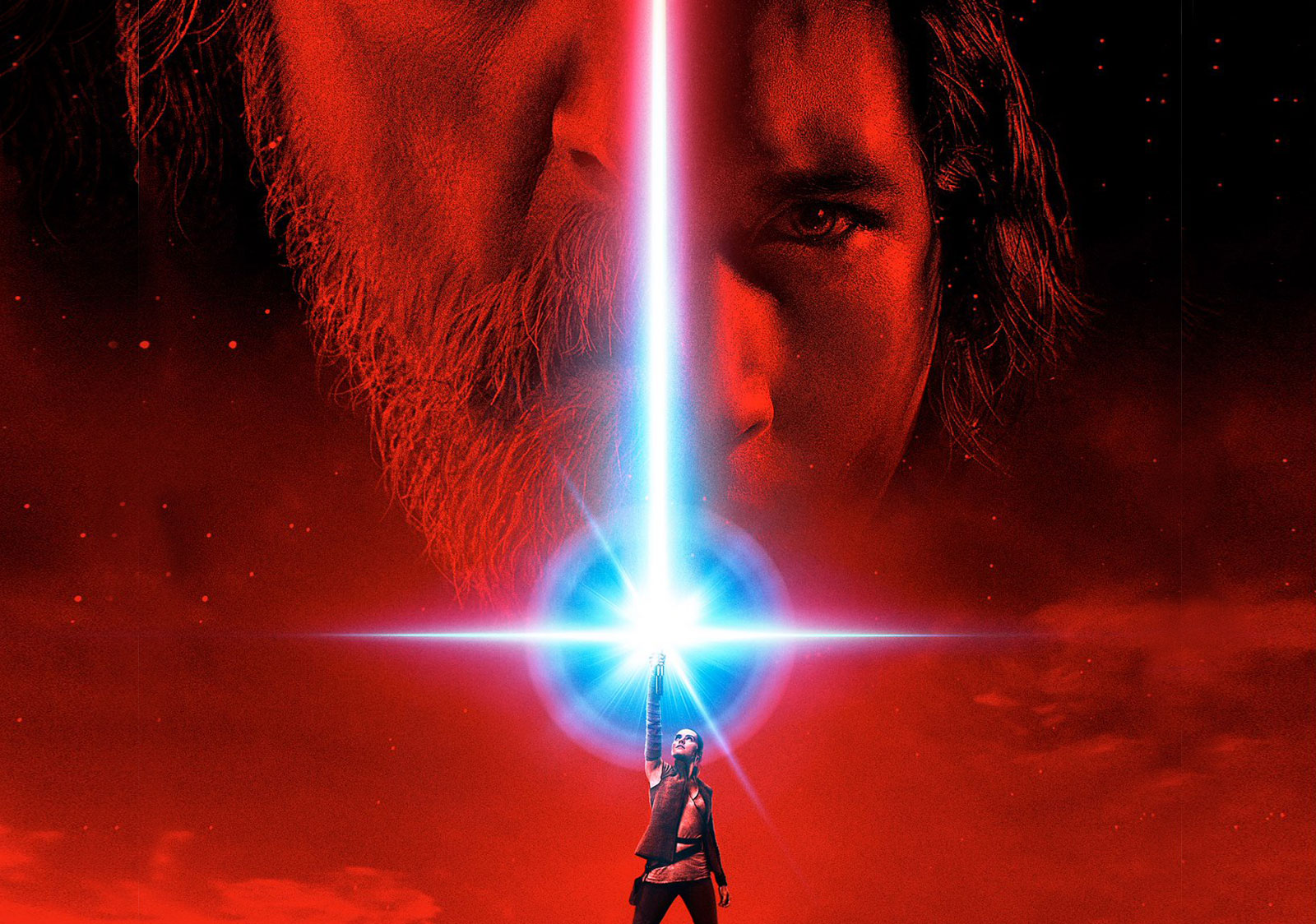I very recently had the good fortune to watch Star Wars: The Last Jedi, and while there were a host of things I liked about the movie, there was one which especially stood out: the identity of Rey's parents. Now, if you haven't seen the movie yet, please go do so before reading the rest of this post. It really is excellent and will be better the less you know about it going in (I purposefully did not watch any previews or trailers beforehand, and that definitely enhanced the experience).
Now that you've returned (or have already seen the movie, or just don't care about spoilers) I will continue. In The Last Jedi, it is revealed that Rey's parents were... (drumroll, please)... not named characters, but a pair of inconsequential nobodies who sold her to buy alcohol. Yes, that's right, Rey is not descended from anyone important. It may strike you as odd that I would be so excited by this, so I will endeavor to explain why it's one of the better parts of the movie's plot.
Throughout Star Wars (and movies in general) tremendous value is placed on one's heritage. Luke is strong with the force because his father was strong with the force, Harry Potter can use magic because his parents could use magic, and so on. Even the movie Coco, which at the beginning appears to be about rebelling against family expectations, turns out to follow this trend as well. Miguel is a great musician because (spoiler alert) his grandfather was a great musician. In the world of media, one's abilities are dependent on their ancestry.
However, a brief glance at history will show that this is very rarely the case. Countless brilliant monarchs have had incompetent, lazy, or simply insane heirs. The children of great artists, leaders and scientists rarely accomplish as much as their parents. Thus, it was immensely gratifying for The Last Jedi to break with this unrealistic cinematic trend by making the primary protagonist and eventually titular character have great power despite her humble heritage. Aside from being unconventional (which in the case of stories is almost always good), this decision on the part of the writers replaces the aristocratic message that one's worth is based on the status of their parents with a message of empowerment and makes The Last Jedi more spectacular than it already was.
(Actually, I suppose it is possible that this is all just a trick and Rey really is descended from someone important. That sure would be disappointing. I guess we'll just have to wait two years to find out.)

Comments
Post a Comment